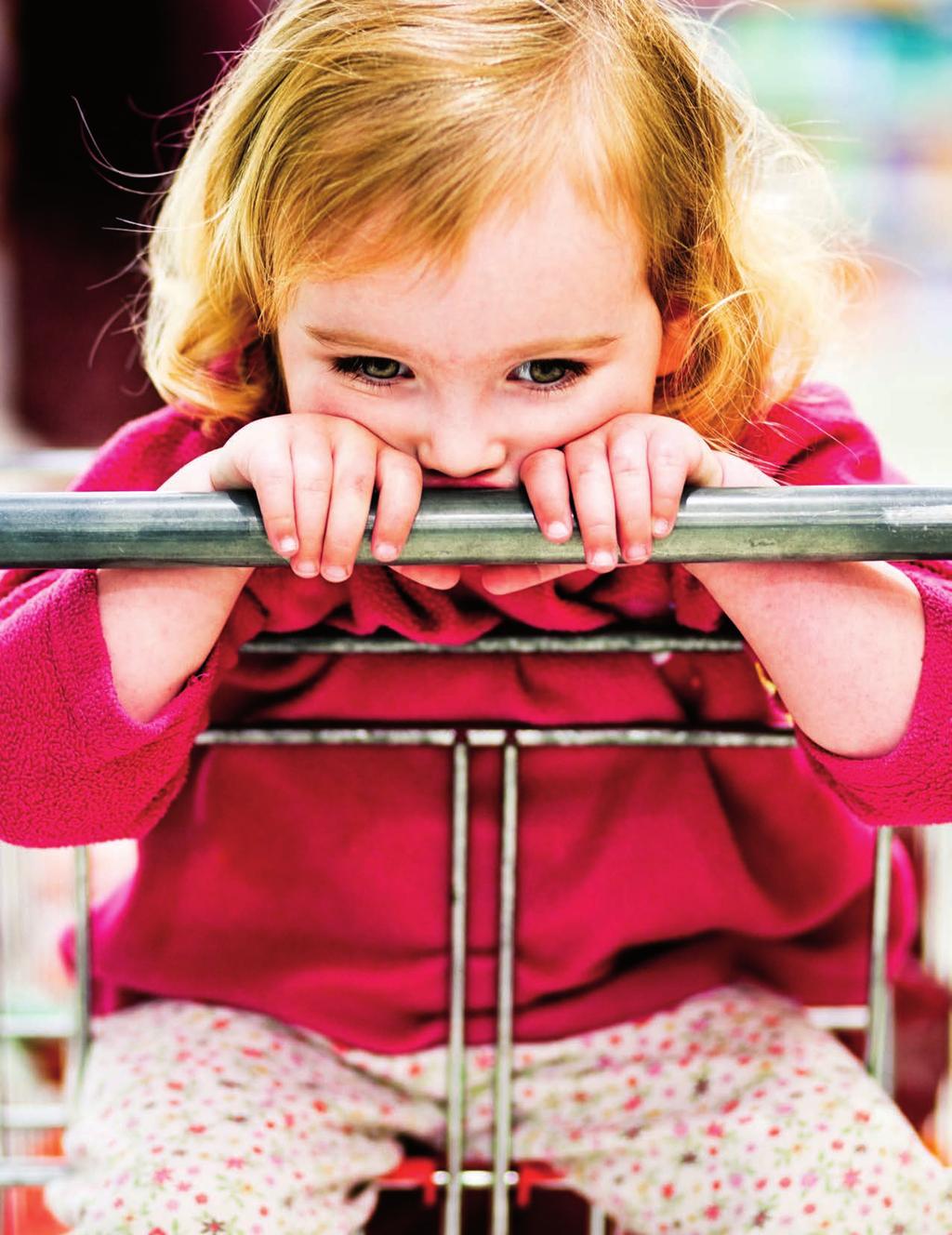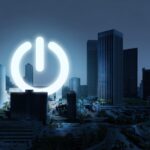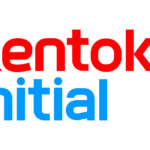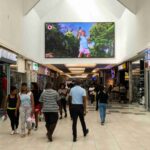South Africa has entered Level One of lockdown. Many people now need to weigh the risks of contracting the Coronavirus, on their own, without imposed restrictions from the government. It isn’t easy. Information about what is safe and what isn’t can be contradicting and confusing.

What is clear is that the scientific understanding of how the virus transmits in public is improving. Contact tracing studies around the world have taken a magnifying glass to the ‘superspreading agents’, where one person goes on to infect dozens more. “The superspreading event is about the behaviour of the person involved”, explains Prevan Naidoo, Director, HygieneZone, the company launching a new anti-microbial film to the South African market.
HygieneZone believes that for many people, there is anxiety around returning to normality. “Microbes, like the coronavirus and bacteria, such as salmonella and listeria, spread on surfaces we touch every day, turning us into carriers”, explains Naidoo. “Our anti-microbial film kills 99% of harmful bacteria and has been proven effective against the coronavirus.”
While it feels like things are back to normal, the reality is that a deadly virus is still going around. Many South Africans are still afraid of getting sick, infecting elderly family members or coming into contact with a carrier and they are looking for some reassurance that the public spaces normal life dictates they visit, are safe. “Our anti-microbial film was developed by Hexis Health in France,” explains Naidoo, “and it’s been tested in global hostile medical environments. It can be applied to nearly any surface. High touch zones like door handles, gym equipment, shared workspaces, restaurant tables and shopping trolleys, can be wrapped with the transparent and invisible film and it acts as a layer of protection from contamination.”
It’s the peace of mind that Hygienezone believes could assist people to feel safer when visiting public spaces. “Our economy needs to recover,” says Naidoo, “Wrapping the surfaces that people feel uneasy about touching, could play a role in helping them to adjust to shopping freely in malls, supporting their favourite restaurants, returning to the gym and visiting the doctor or hospital.”
Returning to a shared workspace, after a prolonged time working from home, has triggered many people’s fears, leaving them feeling unprotected and unsafe. “While companies are required by law to follow strict protocols, shared kitchens, food preparation surfaces, bathrooms and desks are areas where employees congregate and bacteria and viruses thrive, explains Naidoo. “Our film remains effective for up to 5 years and provides employees with the knowledge they are protected, allowing them to relax, while encouraging productivity”.
Cleaning has become a high priority for many companies and shared spaces. “The cost of high-quality cleaning products has been an unexpected expense for many companies, “says Naidoo, “this film is self-cleaning mitigating the need for anything but normal cleaning protocols”.
The coronavirus pandemic has disrupted our lives and left our economy reeling. HygieneZone believes that by creating a safe zone, we can return to our lives feeling safer and more in control. “It’s been a difficult year for so many, “says Naidoo, “we are hoping that by wrapping it before you touch it, South Africans can live, work and play in a hygiene zone that makes touch feel safe again.”
For more information visit Hygiene Zone
- Automation and AI: Super-Tools to level up your business - 24th July 2024
- Salesforce Launches First Autonomous AI Agent - 19th July 2024
- WPP champions inclusive creativity at inaugural Unite South Africa Awards during Pride Month - 19th July 2024






